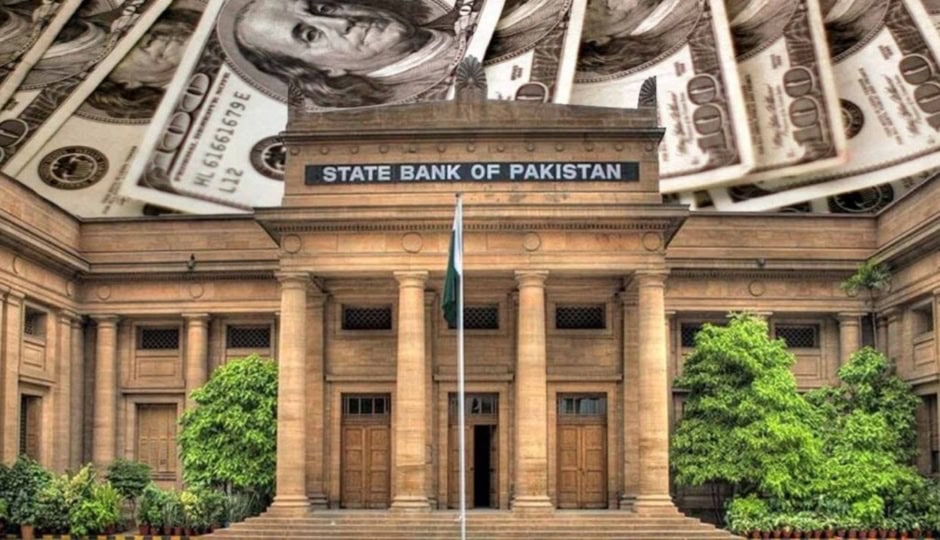IMF Approves $2.1 Billion for Pakistan Despite Indian Objections

WASHINGTON: In a major financial boost, the International Monetary Fund (IMF) has approved $2.1 billion for Pakistan, comprising a $1 billion disbursement under the Extended Fund Facility (EFF) and a new Resilience and Sustainability Facility (RSF) to support climate-related projects, despite Indian attempts to block the funding.
The IMF’s decision on Friday unlocks a total of $2.1 billion for Pakistan, including $1.4 billion under the newly approved RSF program. This 28-month initiative is designed to strengthen Pakistan’s resilience to climate-induced shocks and enable sustainable economic growth.
In March, the IMF had reached a staff-level agreement with Pakistan for the RSF, alongside the first review of the 37-month, $7 billion EFF program, which was approved in September 2024 — marking Pakistan’s 24th IMF-supported initiative.
Despite India’s objections, the IMF approves $2.1 billion for Pakistan. India’s representative at the IMF abstained from voting, following claims from Indian officials that Pakistan had misused global funds — accusations Islamabad has firmly rejected as politically motivated.
Indian Foreign Secretary Vikram Misri had earlier called for global financial institutions, including the World Bank and FATF, to reassess Pakistan’s eligibility for international financing.
Pakistan’s Progress Praised by IMF Leadership
Following the Executive Board meeting, IMF Deputy Managing Director Nigel Clarke praised Pakistan’s progress toward macroeconomic stability despite ongoing challenges. Clarke highlighted that inflation has sharply declined, external financial buffers have strengthened, and key fiscal reforms like the Agricultural Income Tax have improved policymaking credibility.
The IMF emphasized the need for Pakistan to maintain tight monetary policies to control inflation, further liberalize the exchange rate, and strengthen the financial sector through urgent reforms. Clarke noted that prompt adjustments to power tariffs have begun reducing circular debt, but broader reforms are crucial for energy sector viability.
Structural reforms were also underlined as necessary to unlock competitiveness and attract private investment, including reducing trade barriers, reforming state-owned enterprises, and strengthening anti-corruption measures.
The new RSF, part of the $2.1 billion package the IMF approves for Pakistan, aims to mitigate the country’s vulnerability to extreme weather events. Key priorities under the RSF include improving public investment processes, water resource management, disaster response coordination, climate risk data management, and fulfilling international climate commitments.
Sharing clear, practical insights on tech, lifestyle, and business. Always curious and eager to connect with readers.


 2 min read
2 min read






























